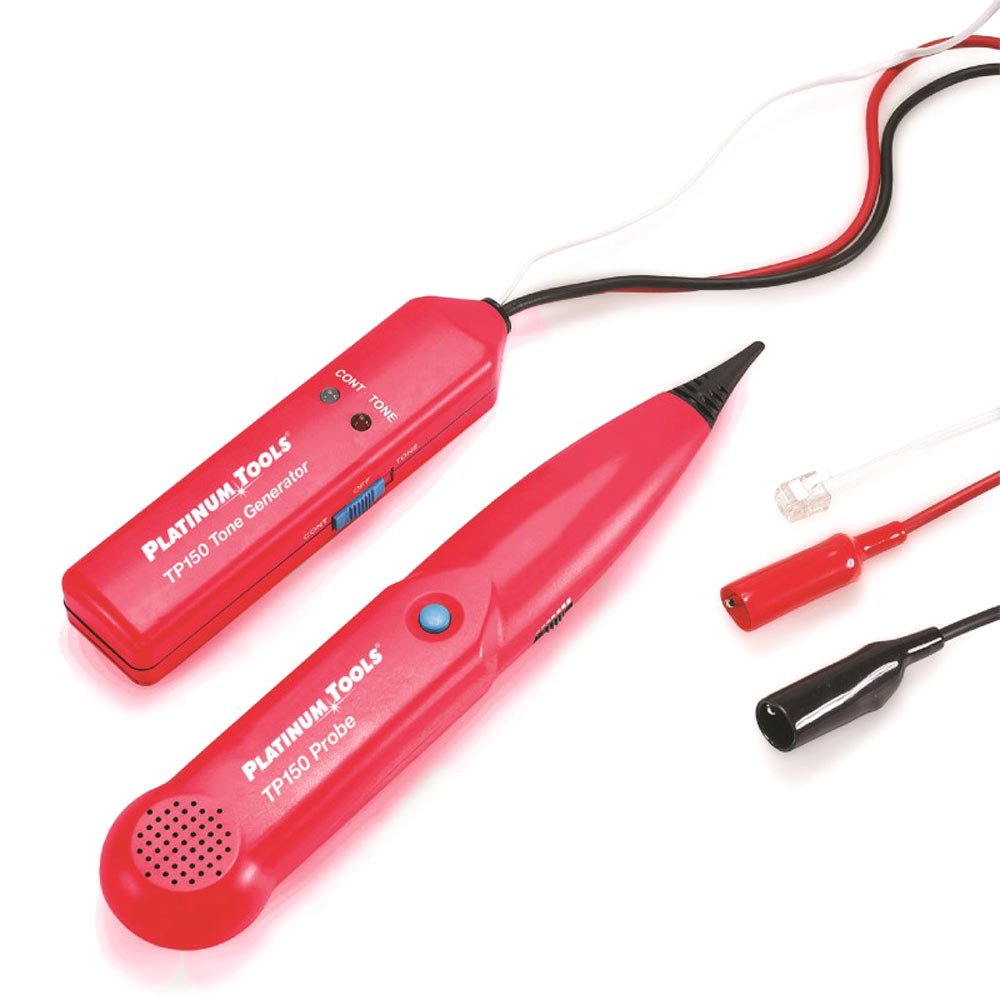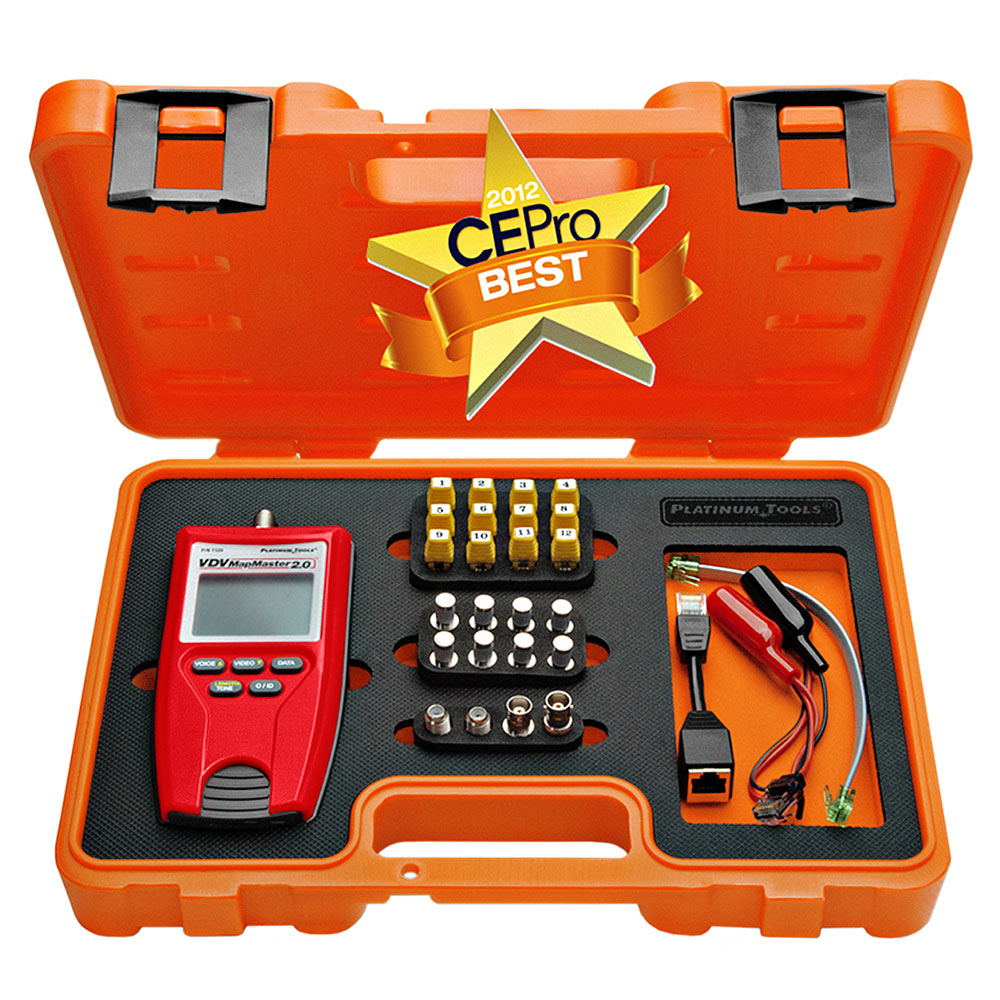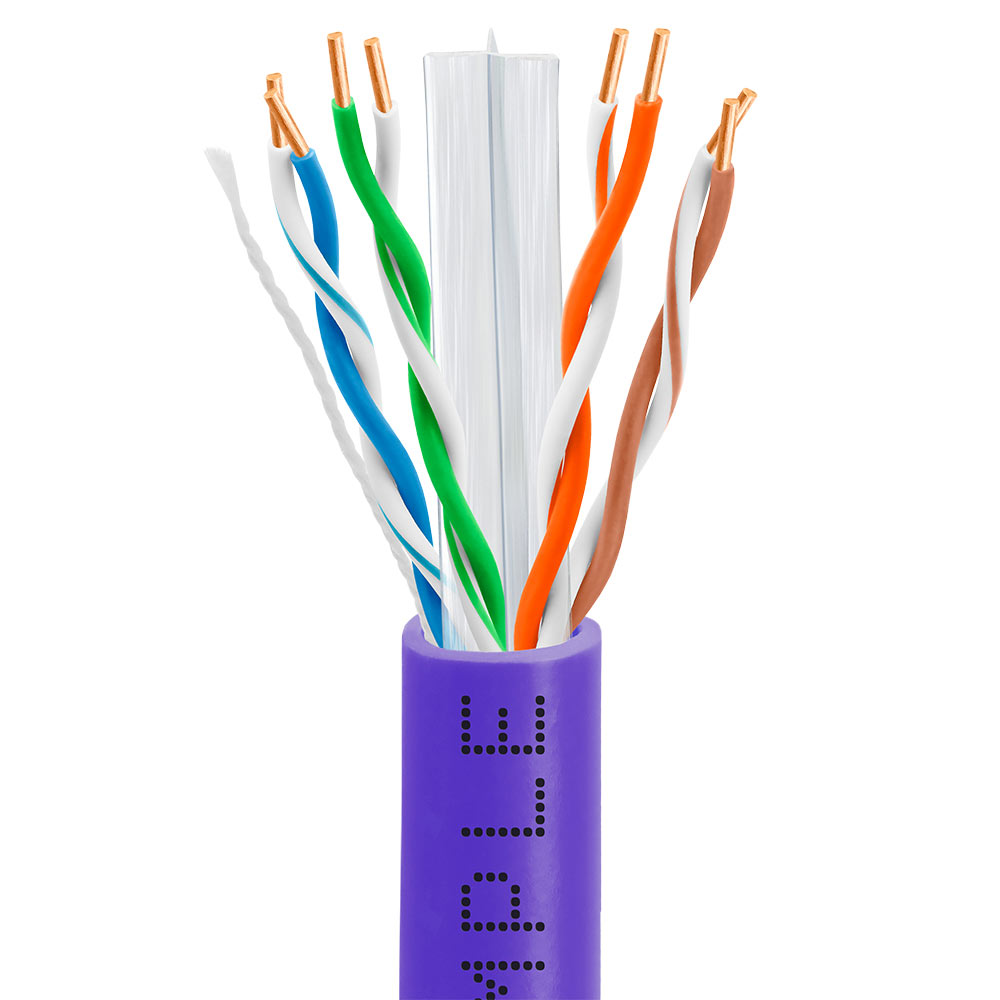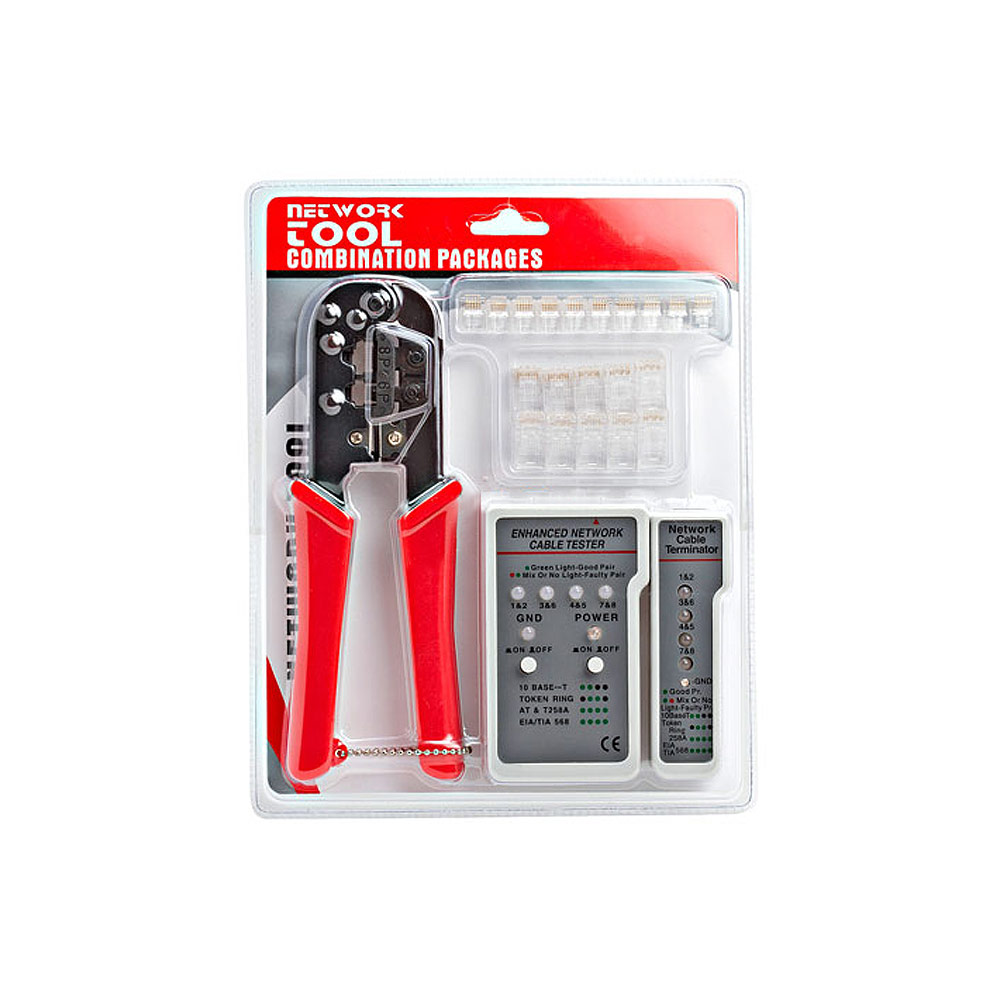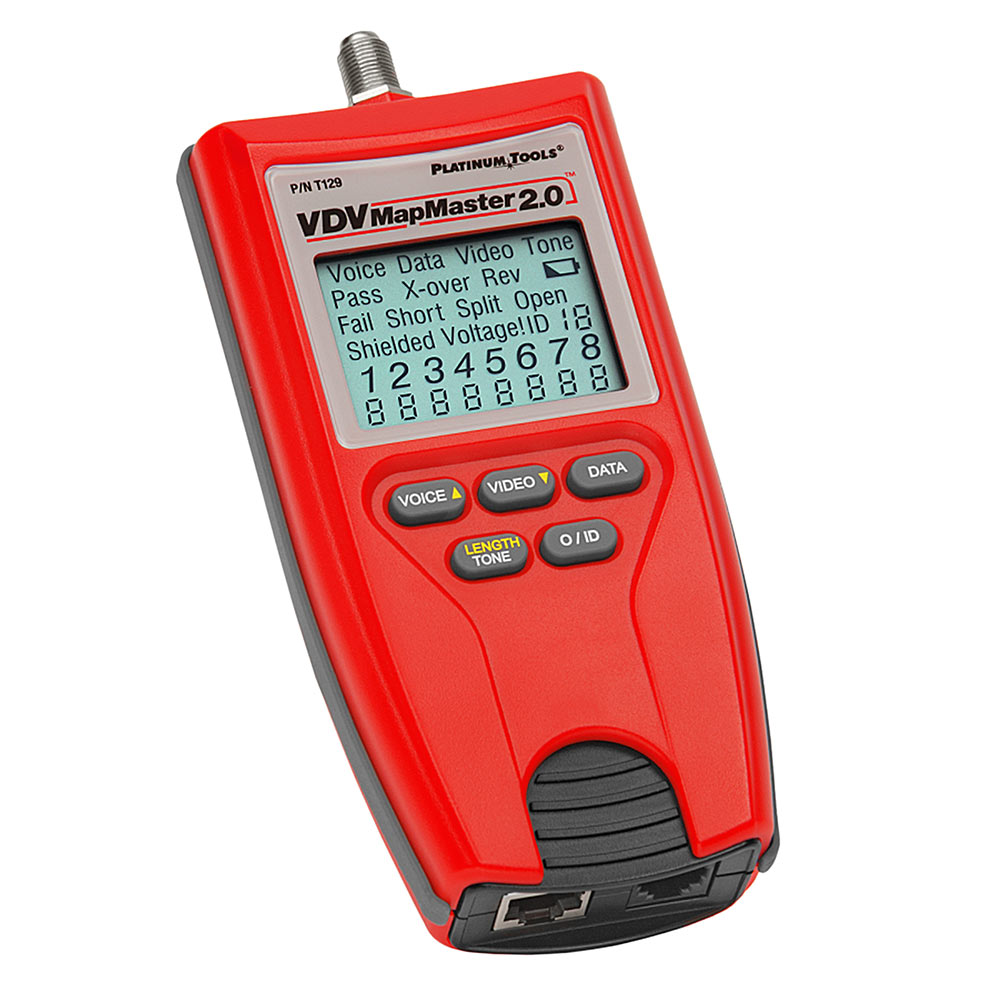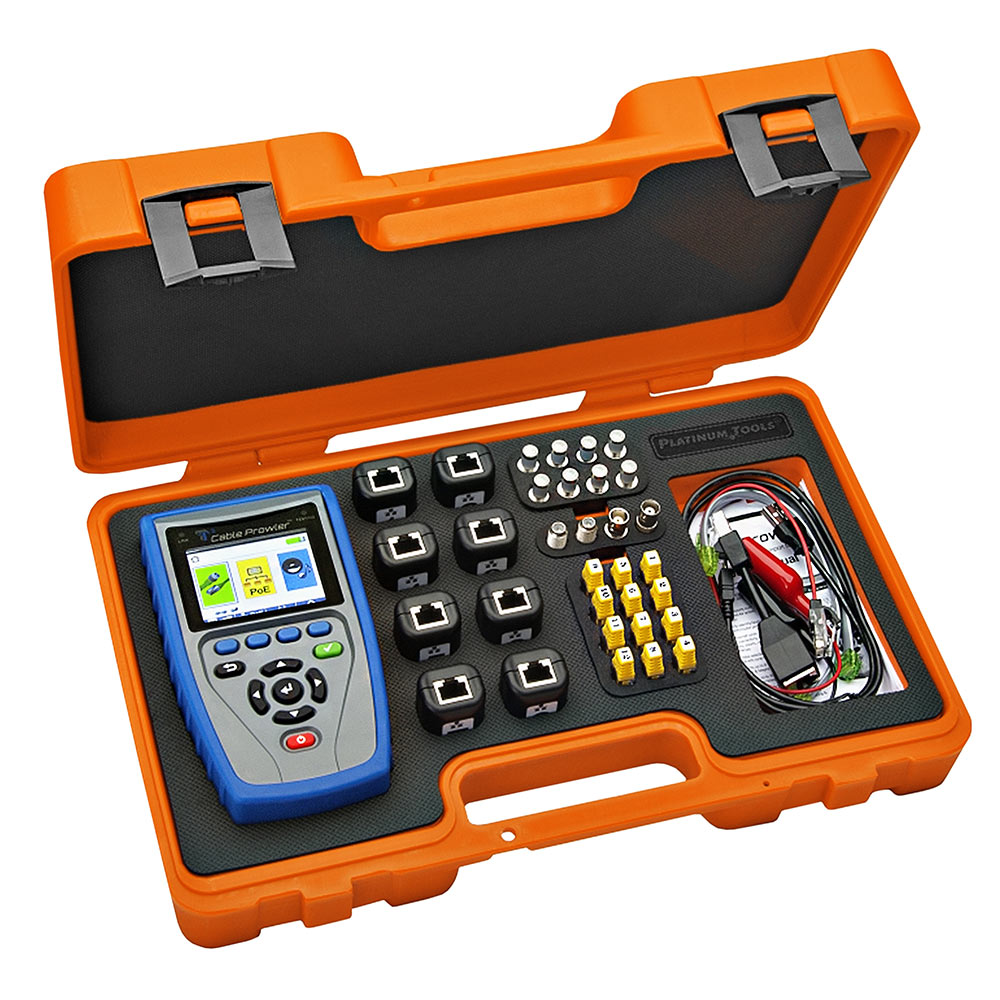Learn About Network Testers: Verification And Qualification
Checking electrical wiring is relatively easy. The majority of connections can be troubleshot with a single time-tested device, a multimeter (also called a VOM) that has two probes and can measure the three important values in an electrical circuit: resistance (ohms), voltage (volts) and current (amps). The old-school analog multimeter has been superseded by digital models, but its basic operation – and its simplicity – hasn’t changed in decades.
Troubleshooting network cables is usually much more complicated. There are several levels of testing that may need to be conducted, and there’s a much greater variety of potential problems which must be checked. In the same way that you can use a voltmeter, an ammeter or an ohmmeter for specific electrical testing, there are individual units that can conduct narrow operations on ports or network cables. For example, a tone and probe set will allow you to use tones to trace specific cable locations, and there are simple LED testers that will tell you if a network cable has an open connection or short circuit.
But “one size fits all” network testers must be able to perform a number of wildly different testing functions – a far cry from (and a hefty price above) the trusty electrical multimeter.
Here’s a look at the most common types of network tests that can be run, and the devices that perform them.
Verification Testers
As its name would imply, network verification testing (also called continuity testing) verifies that all of the wires in network cables are connected properly. However, network cabling is very different than electrical wiring which simply connects from point A to point B; there are many more variables involved in network connections.
Multiple twisted pairs of conductors are used in Ethernet cables, and they must be paired properly with no split or transposed pairs, opens, shorts or crosses. A network tester must also be able to differentiate between Cat5, Cat5e, Cat6 and coax cables, and properly assess the health of each type of cable. Obviously, a lot more is involved than touching a black probe to one end of a wire and a red one to the other.
A good verification network tester will be able to do a complete TIA568 test to find any of the issues that can cause cable failure. It will do “wire mapping,” sending signals through the twisted pairs in an Ethernet cable to determine the status of each pair; this lets you tell if each pair is connected and terminated properly and which pair (if any) is causing a problem. The results are usually displayed on LED indicators, and all testers should deliver a simple pass/fail report within a second or so.
Most will also have a tone generator (ideally with two tones) to aid in tracing and troubleshooting specific wires, many testers will have a separate remote set for diagnosing issues with long cables, and some will also let you run continuity tests on BNC and phone cables. Top-of-the-line verification testers have an added feature called a time domain reflectometer (TDR), which tells you how long a cable is and exactly where on the cable a problem spot exists.
Continuity testing is the most basic type of testing, most often done on new cable installations to ensure that everything has been wired properly and is functioning as expected – or to find problems with the wiring so everything can be straightened out. When confronted with an unfamiliar existing installation, though, additional information is usually needed.
Qualification Testers
A network qualification tester can do all of the work that a verification tester can, but also provides information about the data transfer that each cable can support. A common example is determining network capacity, such as whether a specific cable can support gigabit Ethernet transmissions, or is only capable of 100mpbs or 10mpbs.
This tester can help technicians quickly figure out whether a network issue is due to cable problems or configuration/protocol problems. That information is also valuable when changing or updating an existing network or setting up a temporary one, because it allows engineers to determine if the network can support required applications or if new cabling is needed. Qualification testers also provide advanced diagnostics for troubleshooting cable issues, such as crosstalk and insertion loss.
There’s one more level of testers to discuss.
Certification Testers
Commercial network installers must be able to certify that new cabling meets industry standards, because certification is required before a warranty can be provided. Certification testers send signals throughout the cables to measure bandwidth and performance, as well as parameters like attenuation to crosstalk ratio, return loss and propagation delay, to determine if the results meet or surpass standards for the type of cable (e.g. Cat5e) being used.
These professional testers are normally not needed by individuals or companies setting up their own networks in homes or small offices.
Buying a Network Tester
We’ve mentioned several types of specialty testers, and these can usually be picked up inexpensively. A simple open-circuit tester may run you less than $15, and a bare-bones tone-and-probe set will cost around $30. To search for a physical problem with your cabling, a portable inspection camera and video monitor can set you back around $100.
But the more extensive verification testing that’s required when you’re checking or troubleshooting a cable installation usually calls for a more full-featured piece of equipment. Many quality continuity testers, like the Platinum Tools VDV MapMaster sold by Cmple, include tone generation and wire mapping functions and can be purchased for a little over $100. Expect to pay around double that price for one like the VDV MapMaster 2.0, which has all of the adapters and remotes that you might need for multiple types of cables and long runs.
It’s probably no surprise that qualification and certification testers come in at higher price levels. The extraordinary Cable Prowler Pro, a qualification tester with bells and whistles like full-color graphical wire-mapping, length measurements in feet (or meters) and printable link speed reports carries a price tag of almost $800, and the Byte Brothers Real World Certifier Kit will cost you nearly $600. Not for the faint of heart, but indispensible if needed.
Cmple carries a full range of every type of network tester as well as remotes and accessories, priced lower than at any other supplier. Taking a look through some of the testers’ specifications will give you a complete picture of their capabilities – and whether they fit your needs.




